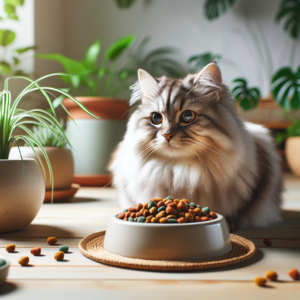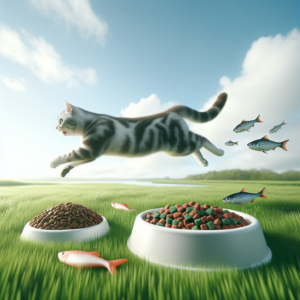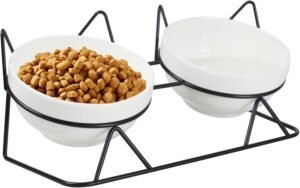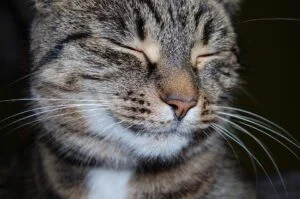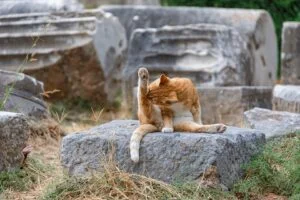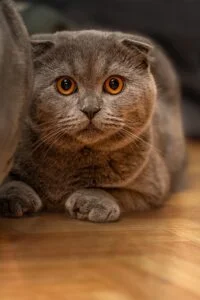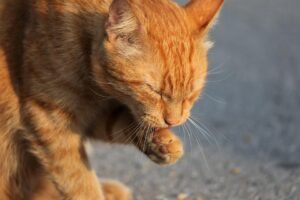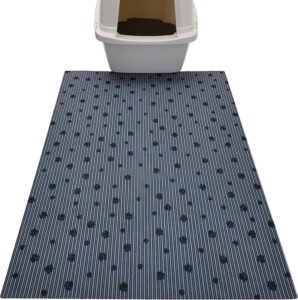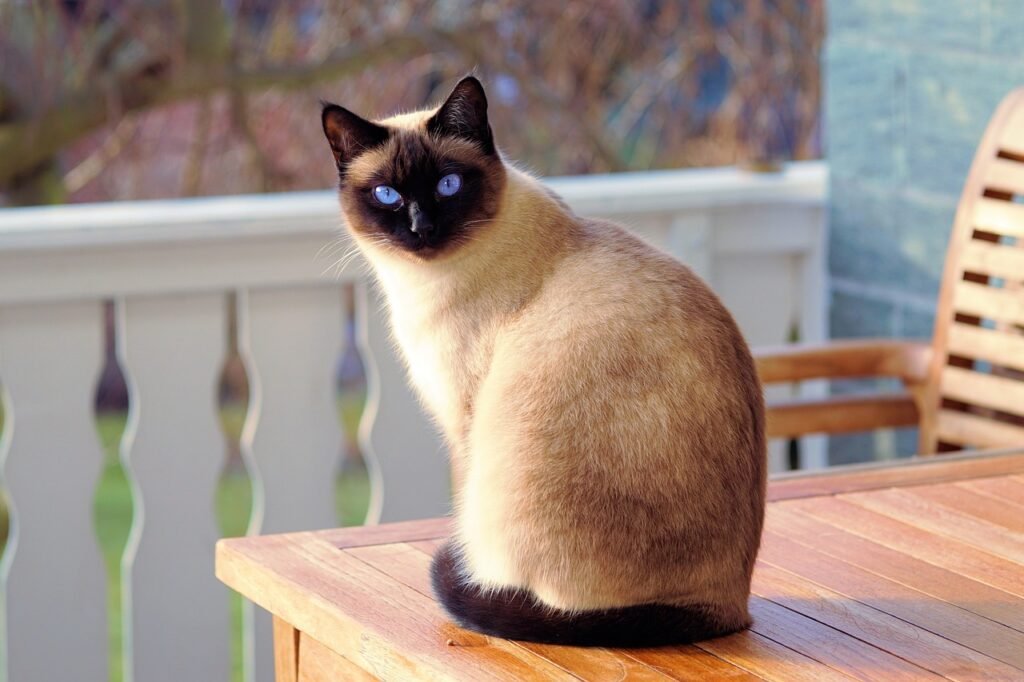
As our feline companions age, their nutritional needs evolve. Cats are generally considered seniors when they reach around seven years of age. With age comes a decline in metabolism, changes in body composition, and the potential for various health issues. Therefore, providing optimal nutrition is crucial to maintaining their health and quality of life.
Senior cats often experience a decrease in activity levels, which can lead to weight gain if their diet is not adjusted accordingly. On the other hand, some senior cats may lose weight due to a decrease in their sense of smell or taste, dental problems, or underlying health issues. Understanding these changes is essential when considering dietary adjustments.
Essential Nutrients for Senior Cats
To ensure your senior cat remains healthy, it is important to focus on several key nutrients:
Protein
Senior cats require high-quality protein to maintain muscle mass and support overall health. Look for foods that list specific animal proteins, such as chicken, turkey, or fish, as the first ingredient. Protein is crucial for maintaining lean muscle mass, supporting the immune system, and promoting healthy skin and coat.
Fat
While fat is a vital energy source, it’s important to monitor the fat content in a senior cat’s diet to prevent obesity. Omega-3 and Omega-6 fatty acids are particularly beneficial for senior cats as they support joint health, reduce inflammation, and promote a shiny coat.
Fiber
As cats age, their digestive systems can become less efficient. Increased fiber intake can aid in maintaining healthy digestion and preventing constipation. Look for foods with added fiber or consider incorporating fiber-rich foods like pumpkin into their diet.
Vitamins and Minerals
Senior cats can benefit from increased levels of certain vitamins and minerals. Antioxidants such as vitamins E and C help combat oxidative stress and support the immune system. Calcium and phosphorus ratios should be balanced to support bone health.
Water
Hydration is crucial for senior cats, especially those with kidney or urinary tract issues. Ensure your cat has access to fresh water at all times. Wet food can also help increase water intake, which is beneficial for maintaining kidney function and preventing urinary problems.
Choosing the Right Food for Senior Cats
When selecting food for your senior cat, consider these factors:
Wet vs. Dry Food
Wet food can be more appealing to senior cats who may have dental issues or a reduced sense of smell. It also provides additional moisture, which is beneficial for hydration. However, some cats prefer the texture of dry food. A combination of both can provide variety and balance in their diet.
Specialized Senior Cat Food
Many pet food brands offer formulas specifically designed for senior cats. These formulas often contain adjusted protein, fat, and calorie levels to meet the needs of aging cats. They may also include additional supplements like glucosamine for joint health or prebiotics for digestive support.
Consulting with a Veterinarian
Before making significant changes to your senior cat’s diet, consult your veterinarian. They can provide personalized recommendations based on your cat’s health status, weight, and specific needs. Regular veterinary check-ups are essential for monitoring your cat’s health and adjusting their diet as needed.
Feeding Tips for Senior Cats
Small, Frequent Meals
Senior cats may benefit from eating smaller, more frequent meals throughout the day. This approach can help prevent digestive upset and maintain energy levels. It can also be beneficial for cats with reduced appetite, as they may find smaller meals more manageable.
Monitoring Weight and Condition
Keep an eye on your cat’s weight and body condition. Weight loss or gain can indicate health issues or the need for dietary adjustments. Weigh your cat regularly and consult your veterinarian if you notice significant changes.
Encouraging Appetite
If your senior cat has a reduced appetite, try warming their food slightly to enhance its aroma. You can also experiment with different textures and flavors to find what they prefer. Adding a small amount of low-sodium chicken broth or tuna juice can make meals more enticing.
Addressing Common Health Issues with Nutrition
Kidney Disease
Kidney disease is common in senior cats. A diet lower in phosphorus and protein can help manage this condition. Specialized kidney diets are formulated to support kidney function and reduce the workload on the kidneys.
Arthritis
Joint issues like arthritis are prevalent in older cats. Diets enriched with Omega-3 fatty acids and glucosamine can help reduce inflammation and support joint health. Maintaining a healthy weight is also crucial to minimizing stress on joints.
Dental Health
Dental problems can affect a senior cat’s ability to eat. Soft, wet food may be easier for them to consume. Regular dental check-ups and cleanings can help prevent issues and improve overall health.
Conclusion
Optimal nutrition is a cornerstone of health and longevity for senior cats. By understanding their changing needs and adjusting their diet accordingly, you can help your feline friend age gracefully and comfortably. Remember to consult with your veterinarian for tailored advice and to ensure any dietary changes are suitable for your cat’s specific health conditions. With the right care and nutrition, your senior cat can enjoy their golden years to the fullest.
#ChatGPT assisted in the creation of this article.
